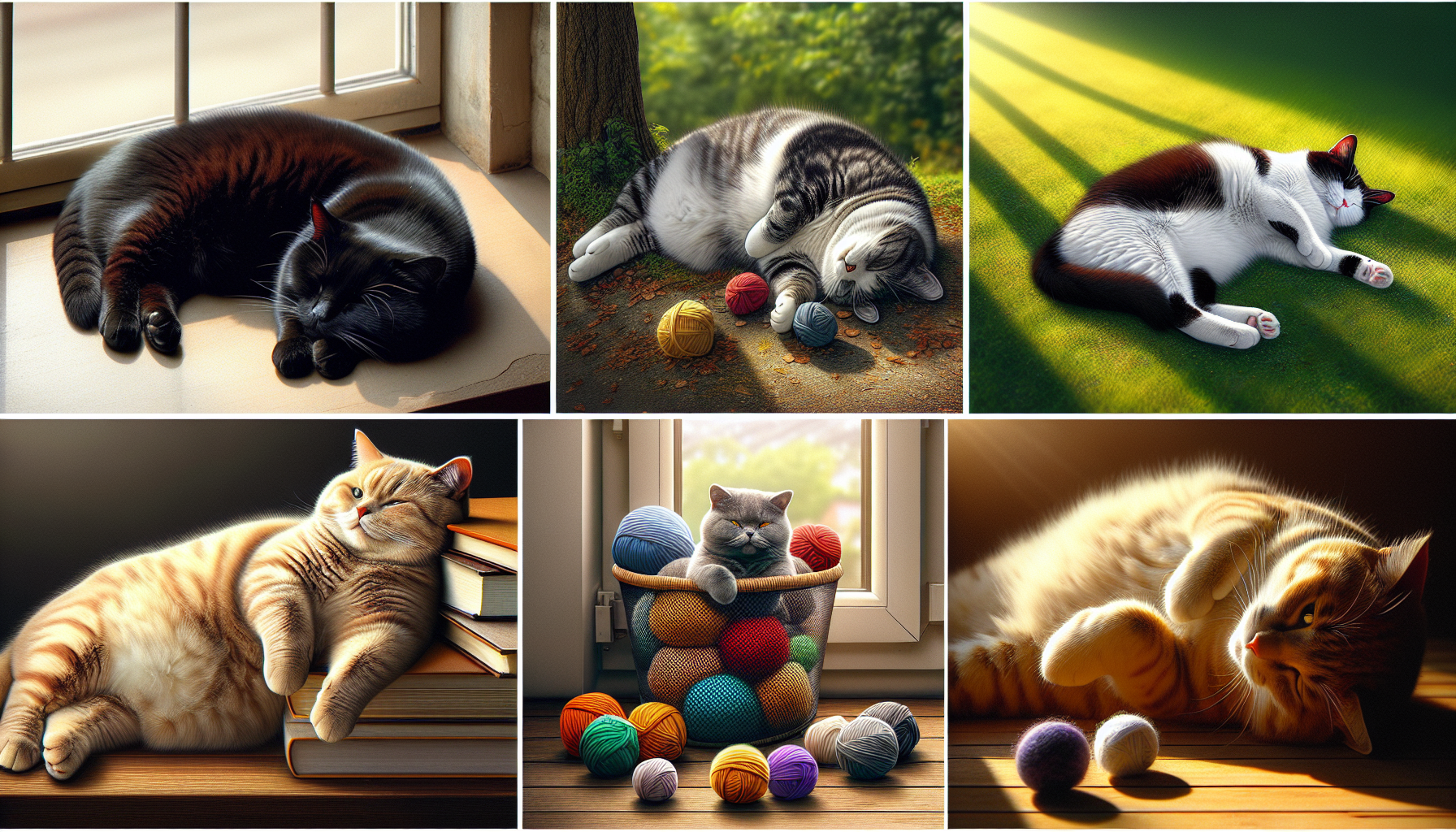Why Do Cats Sleep So Much?
Cats are notorious for their love of sleep, often spending up to 16 hours a day snoozing away. This behavior can puzzle many pet owners who wonder why their feline friends are so lazy. In this post, we’ll delve into the fascinating reasons behind your cat’s excessive sleeping and what it means for their overall well-being.
The Nature of Feline Sleep
To understand why cats sleep so much, we first need to look at their natural instincts. Cats are crepuscular creatures, meaning they are most active during dawn and dusk. This behavior mimics their wild ancestors, who would hunt at these times to catch prey. As a result, they tend to conserve energy during the day, leading to long periods of napping.
Energy Conservation
As solitary hunters, cats need to be able to exert a lot of energy in short bursts. Sleeping for long hours allows them to conserve energy for when they need it most—such as when they are hunting or playing. This evolutionary trait is a survival mechanism, ensuring they have the stamina to be efficient hunters.
Age and Sleep Patterns
Another factor that influences how much cats sleep is their age. Kittens and senior cats tend to sleep more than young adults. Kittens require plenty of sleep to support their rapid growth and development, while older cats may sleep more due to decreased energy levels and age-related changes.
Sleep Cycles
Cats experience several sleep cycles throughout the day, including REM (Rapid Eye Movement) sleep, where dreaming occurs. During this phase, your cat’s brain is highly active, and they may twitch or make noises. This is a normal part of their sleep cycle and is essential for their mental health.
Environmental Factors
Environmental conditions also play a significant role in a cat's sleeping habits. Cats are more likely to sleep in a comfortable, secure environment where they feel safe. Factors such as temperature, light, and noise can affect their sleep patterns. For instance, a quiet and warm space may encourage your cat to nap more often.
Health and Well-Being
While we will not delve into health advice, it’s important to note that a cat’s sleeping patterns can reflect their overall well-being. A sudden change in sleep patterns, such as excessive lethargy or restlessness, may indicate that something is amiss. Observing your cat’s behavior can provide insight into their mood and comfort levels.
Social Interactions
Despite their reputation for being solitary, cats do enjoy social interactions. However, they may choose to sleep rather than engage in play, especially if they are content and feel secure in their surroundings. Understanding your cat’s personality can help you know when they want to cuddle or when they prefer to snooze.
The Perfect Sleeping Spot
Cats are particular about where they sleep. They often seek out warm, cozy spots that allow them to feel safe and secure. This could be a sunny windowsill, a soft blanket, or even your lap. Providing a comfortable sleeping area can contribute to your cat's happiness and well-being.
Conclusion: Embrace Your Cat's Napping Nature
In conclusion, cats sleep so much due to a combination of evolutionary traits, age factors, environmental influences, and their unique personalities. Understanding these aspects can help you appreciate your feline friend’s need for extended periods of rest. So the next time you see your cat snoozing away, remember that it’s perfectly normal and part of what makes them the wonderful creatures they are!
